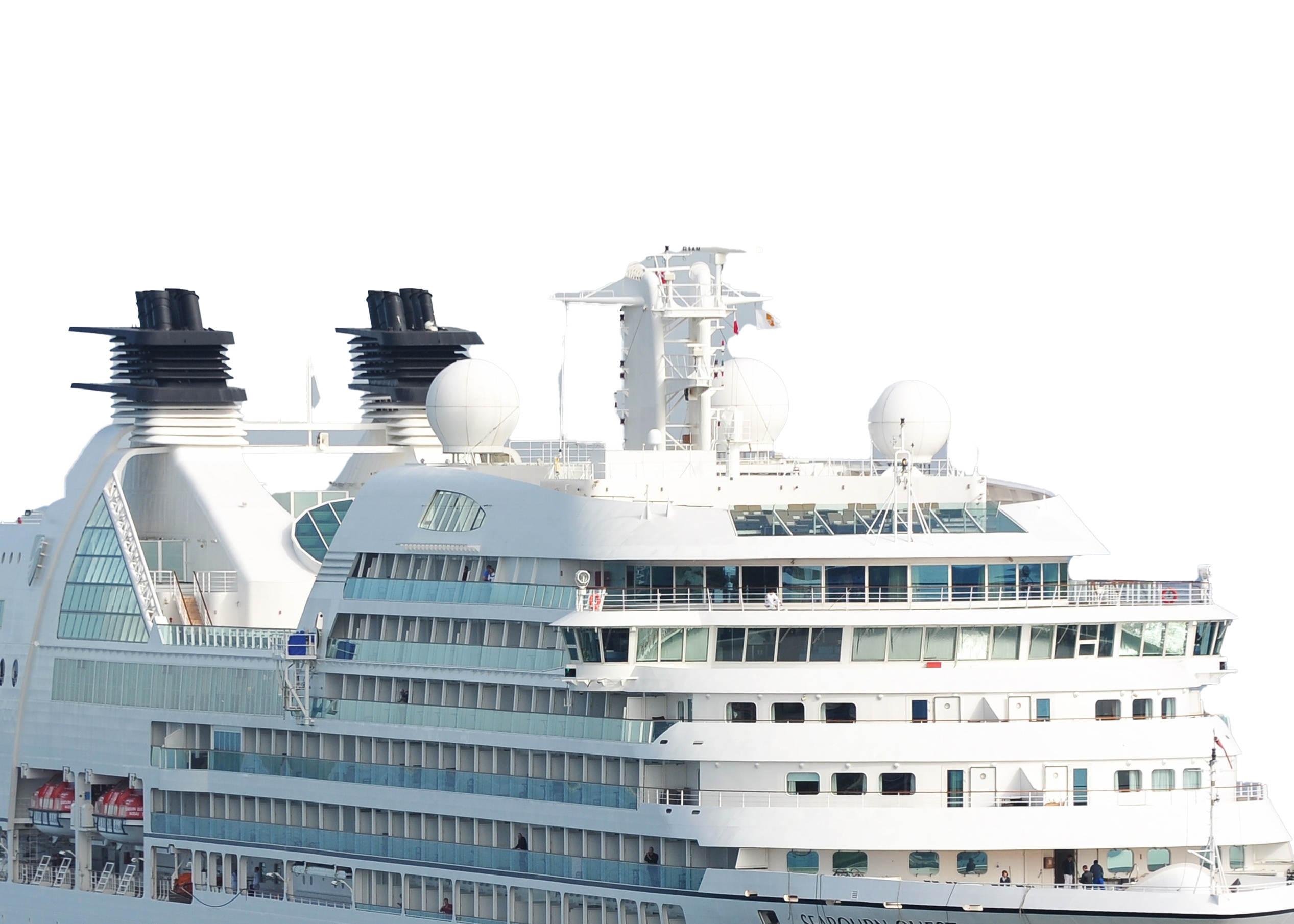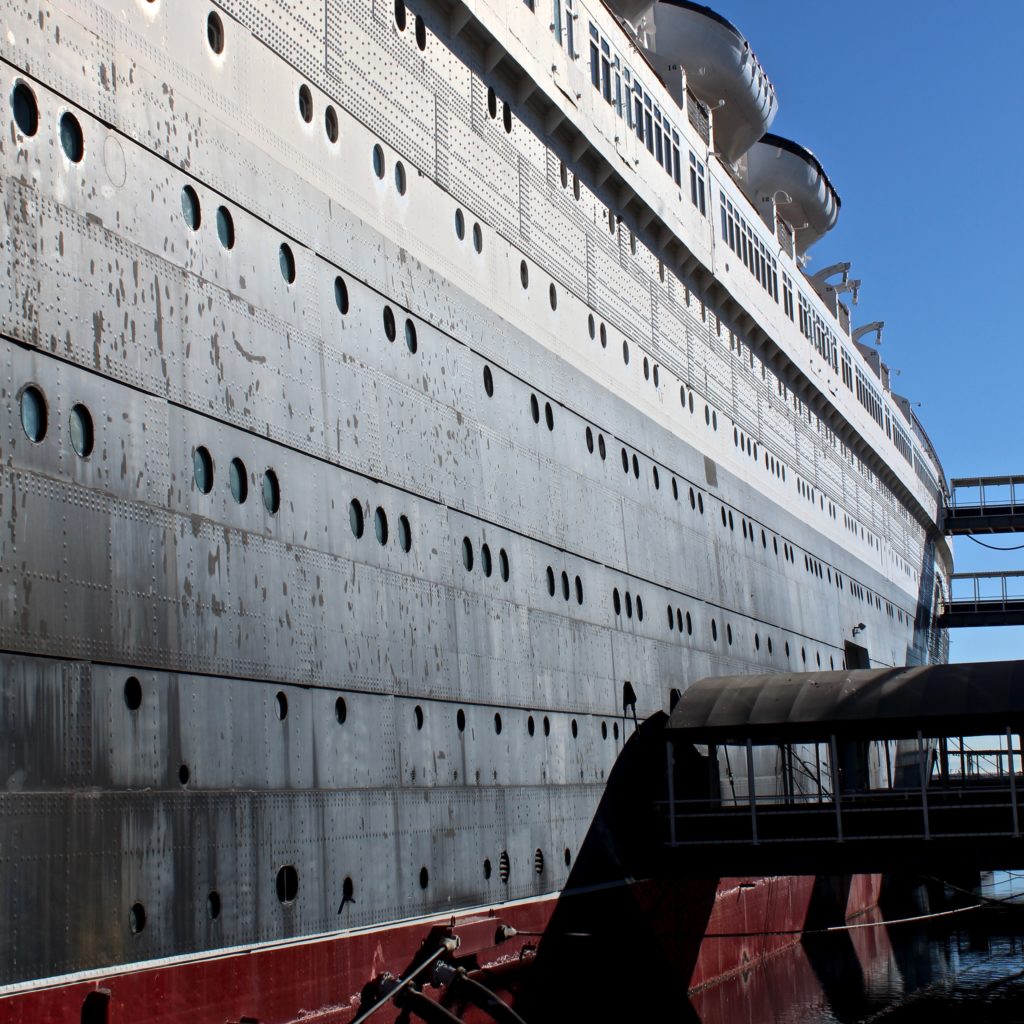ARGO GROUP Focus on Clean Air

Argo Group believes that with new technology and innovation in the oil and gas industry, we can improve air quality and reduce poverty, not in the future but today with current technology and sheer determination.

Today, 90% of all commerce is transported by sea. Air pollution emissions from ships are continuously growing, while land-based emissions are gradually coming down. Argo Group supports the IMO 2020 Regulation, which came into full effect on 1 January 2020, through its LNG bunkering projects and lower cost technology for re-gasification. This regulation requires all commercial shipping vessels to reduce sulfur dioxide (SO2) emissions from 3.5% to 0.5% worldwide and 0.1% in emissions control area (ECA) like the Northern America area (US and Canada), US Caribbean Sea area and Northern Europe. This resolution was adopted during the 2015 Paris climate change conference (COP21).
The International Maritime Organization (IMO) is the United Nations specialized agency charged with developing and adopting global regulations for the protection of the environment, both marine and atmospheric from shipping operations. The Organizations’ 170 Member Government are responsible for implementing and enforcing these regulations once they enter into force.
An IMO Green House Gas Study in 2009 estimated that international shipping has emitted 870 million tons, or about 2.7% of the global emissions of carbon dioxide (CO2) in 2007. Exhaust gas are the primary source of emission from ships burning heavy fuel oil or marine diesel.
Today most commercial ships are powered by heavy fuel oil (HFO). A tar-like residual by-product of crude oil refinery, HFO releases high amounts of air pollutants such as Sulfur oxides (SOX), nitrous oxides (NOX) and particulate matter (PM), to name a few, when burned.
Compared to HFO, natural gas emits:
99% less Sulfur oxide (0.005% of diesel)
80% less nitrogen oxide (18% of diesel)
40% less CO2
No heavy metals
No soot particles

Another major culprit in Sulfur oxides emissions is the cruise industry. A recent study by Transport & Environment shows that on the basis of SOX, the 47 ships of cruise brands owned by the global Carnival Corporation & PLC operating in Europe emitted about 10 times more SOX in European Exclusive Economic Zones (EEZ) than 260 + million passenger vehicles in Europe.
In 2019, the Caribbean area alone has an average of 50 cruise ships in operation during peak season affecting the air quality of all the ports they visit.
A study done in February 2018 by Nature Communications states that “complying with low-sulfur limits for marine fuels reduces ship air pollution and attributable health impacts substantially. Prior to cleaner ship fuels, ship-related health impacts include ~400,000 premature deaths from lung cancer and cardiovascular disease and ~ 14 million childhood asthma cases annually. Reduced PM2.5 from marine engine combustion mitigates ship-related premature mortality and morbidity by 34 and 54%, respectively.”
Cutting sulfur emissions also helps prevent acid rain which means less harm to crops, forests and aquatic species as well as reducing ocean acidification.
Argo Group is supporting this clean air initiative by promoting natural gas (as liquefied natural gas or LNG) as the primary fuel for commercial shipping vessels. Argo Group has projects globally providing infrastructure for the use of LNG as bunkering for new LNG powered ships to comply with IMO 2020 and small-scale LNG distribution to remote locations.
Argo Group wants to make a difference today!
